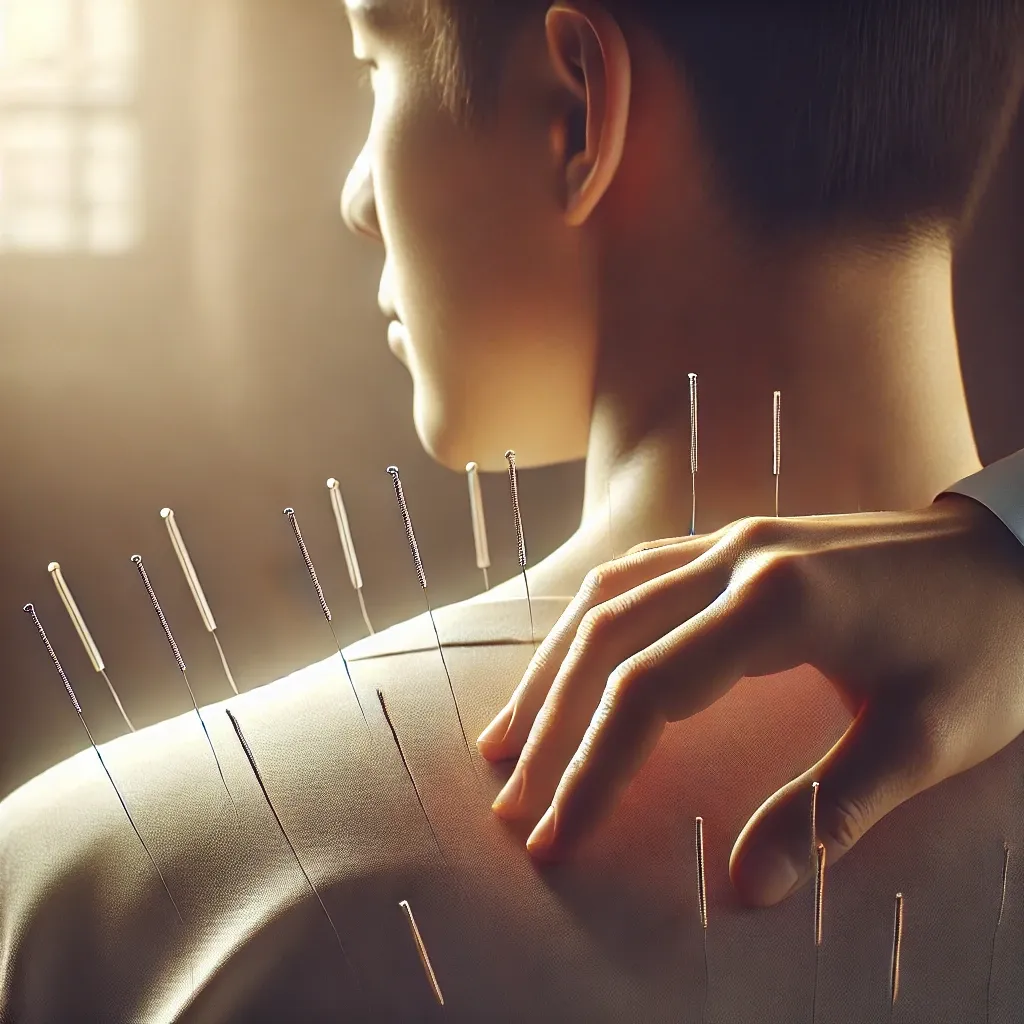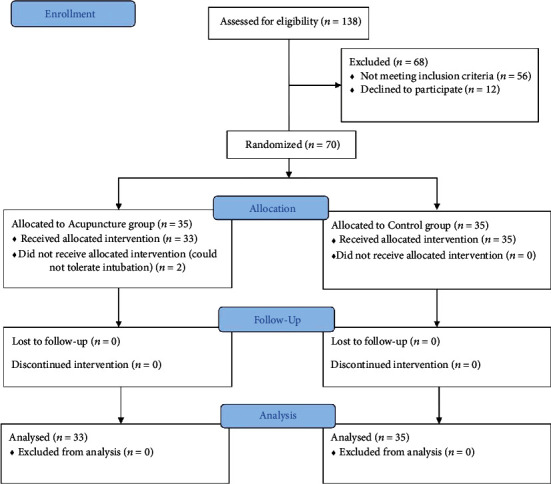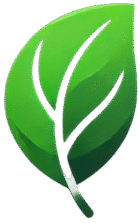Acupuncture, an ancient practice rooted in Traditional Chinese Medicine, has emerged as a natural remedy for managing GERD symptoms, especially in refractory cases. Historically used to treat various ailments, acupuncture offers potential benefits by improving esophageal function and reducing symptoms associated with GERD.
Understanding GERD and Its Impact
Detailed Explanation of the Condition
GERD occurs when the lower esophageal sphincter (LES)—a ring of muscle at the junction of the esophagus and stomach—fails to close properly. This malfunction allows acidic stomach contents to flow back into the esophagus, causing irritation and inflammation. Factors contributing to GERD include obesity, hiatal hernia, pregnancy, and certain medications.
Symptoms List
- Heartburn: A burning sensation in the chest
- Acid Regurgitation: Sour or bitter-tasting acid backing up into the throat or mouth
- Chest Pain: Discomfort or pain in the chest area
- Difficulty Swallowing: Sensation of food being stuck in the throat
- Chronic Cough: Persistent coughing not associated with respiratory illness
- Hoarseness or Sore Throat: Irritation caused by stomach acid
Potential Complications
- Esophagitis: Inflammation of the esophageal lining
- Esophageal Strictures: Narrowing of the esophagus due to scar tissue
- Barrett’s Esophagus: Pre-cancerous changes in the esophageal lining
- Increased Risk of Esophageal Cancer: Long-term damage elevates cancer risk
- Respiratory Issues: Such as asthma, chronic cough, or laryngitis

Acupuncture – More Than Just a Traditional Practice
Origin and Traditional Use
Acupuncture is a key component of Traditional Chinese Medicine, dating back over 2,000 years. It involves inserting thin needles into specific points on the body to balance the flow of energy, or “Qi.” Traditionally, acupuncture has been used to address:
- Digestive Disorders: Including nausea, vomiting, and gastritis
- Pain Management: For headaches, back pain, and arthritis
- Stress and Anxiety: Promoting relaxation and mental well-being
- Neurological Conditions: Such as migraines and neuralgia
- Respiratory Issues: Including allergies and asthma
How Acupuncture May Help with GERD
Point 1: Improving Lower Esophageal Sphincter Function
Description of the Benefit
Acupuncture may strengthen the LES, enhancing its ability to prevent stomach acid from refluxing into the esophagus.
Scientific Insight
Studies have shown that acupuncture increases the length and basal pressure of the LES. By reinforcing the LES barrier function, acupuncture reduces the frequency and severity of acid reflux episodes.
Point 2: Enhancing Esophageal Motility
Description of the Benefit
Acupuncture can improve the coordinated muscle contractions of the esophagus, facilitating effective movement of food toward the stomach.
Scientific Insight
Research indicates that acupuncture increases the Distal Contractile Integral (DCI), a measure of esophageal muscle strength. Enhanced motility aids in quicker clearance of acid, minimizing exposure of the esophageal lining to stomach contents.
Point 3: Reducing Esophageal Hypersensitivity
Description of the Benefit
Acupuncture may decrease the sensitivity of the esophagus to acid, alleviating pain and discomfort.
Scientific Insight
By modulating neural pathways, acupuncture can reduce esophageal pain perception. This effect is particularly beneficial for patients with heightened sensitivity to normal acid levels.
Point 4: Modulating Visceral Sensation
Description of the Benefit
Acupuncture may alter the brain’s response to internal sensations, reducing the perception of GERD symptoms.
Scientific Insight
Functional MRI studies suggest that acupuncture influences areas of the brain involved in processing visceral sensations. This modulation can lead to decreased symptom awareness and improved quality of life.
Research Supporting Acupuncture’s Efficacy
Overview of Existing Research
Recent clinical trials have explored acupuncture’s role in managing refractory GERD symptoms. Notably, a randomized trial investigated acupuncture’s effect on esophageal motility and LES function in patients unresponsive to PPIs.
Specific Research Findings
- Increased LES Length and Pressure: Acupuncture significantly improved the LES’s physical attributes, enhancing its barrier function.
- Improved Esophageal Contractions: Patients showed increased normal esophageal contractions and reduced ineffective contractions after acupuncture.
- Symptom Relief: The GerdQ scores, measuring GERD symptoms, decreased significantly in the week following acupuncture treatment.
- Short-Term Efficacy: While immediate benefits were observed, symptoms tended to return to baseline levels after one week, suggesting the need for ongoing treatment.
How to Use Acupuncture for GERD
Preparing for Acupuncture
Consultation
- Seek a licensed acupuncturist experienced in treating digestive disorders.
- Discuss your medical history, current medications, and specific GERD symptoms.
Ingredients
- No special ingredients are needed; however, ensure the practitioner uses sterile, disposable needles.
Session Recommendations
Frequency
- Initial treatments are often scheduled once or twice a week.
- The number of sessions may vary based on individual response.
Timing
- Acupuncture sessions typically last 30 minutes.
- Consistency is key for maintaining symptom relief.
Precautions
Allergies
- Inform your practitioner of any allergies, especially to metals.
Interactions
- Acupuncture is generally safe but discuss any concerns if you’re taking anticoagulants or have a bleeding disorder.
Pregnancy
- Certain acupuncture points should be avoided during pregnancy.
- Always consult with your healthcare provider before beginning treatment.
Combining Acupuncture with Other Remedies
List of Complementary Remedies
- Herbal Teas: Chamomile and ginger teas can soothe the digestive tract.
- Probiotics: Support gut health and improve digestion.
- Lifestyle Changes: Diet modification and stress reduction techniques.
Potential Synergies
Combining acupuncture with dietary adjustments and stress management can enhance overall treatment effectiveness. Acupuncture may amplify the benefits of other natural remedies by promoting holistic balance.
Lifestyle Tips for Managing GERD
Dietary Changes
- Avoid: Spicy foods, citrus fruits, chocolate, caffeine, alcohol, and fatty foods.
- Include: High-fiber foods, lean proteins, and alkaline fruits and vegetables.
Eating Habits
- Meal Frequency: Eat smaller, more frequent meals to reduce stomach pressure.
- Behavior: Avoid lying down immediately after eating; wait at least 2-3 hours.
Weight Management
- Maintaining a healthy weight reduces pressure on the stomach, decreasing reflux incidents.
Sleep Adjustments
- Elevate the Head: Raise the head of your bed by 6-8 inches to prevent nighttime reflux.
- Sleep Position: Sleeping on your left side may reduce symptoms.
References


